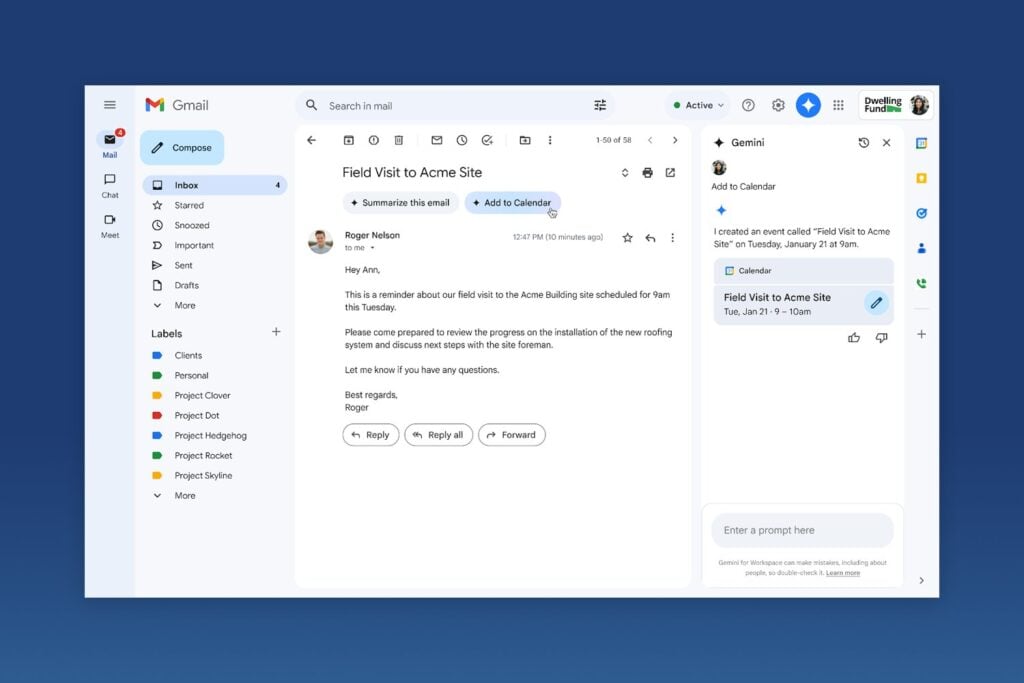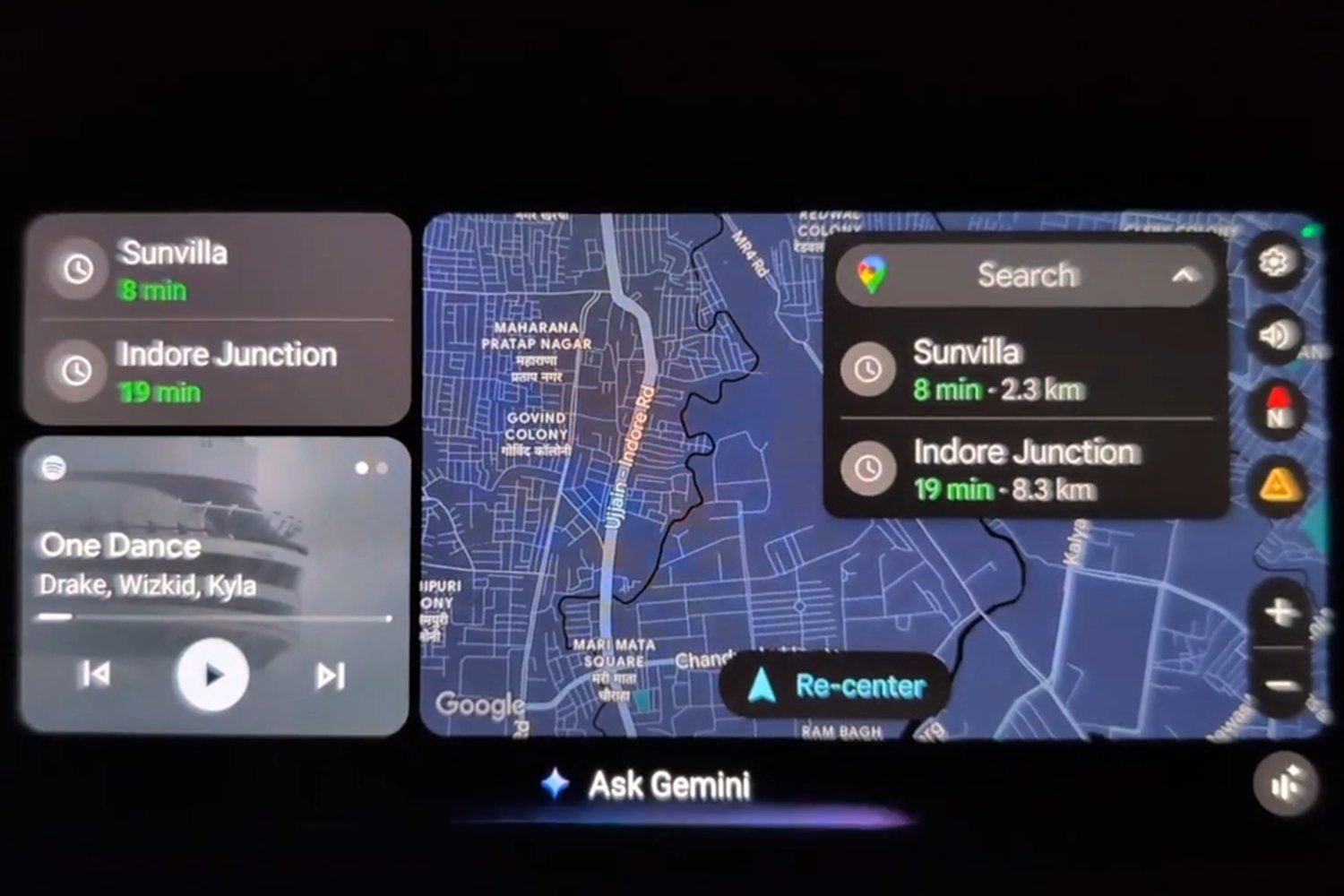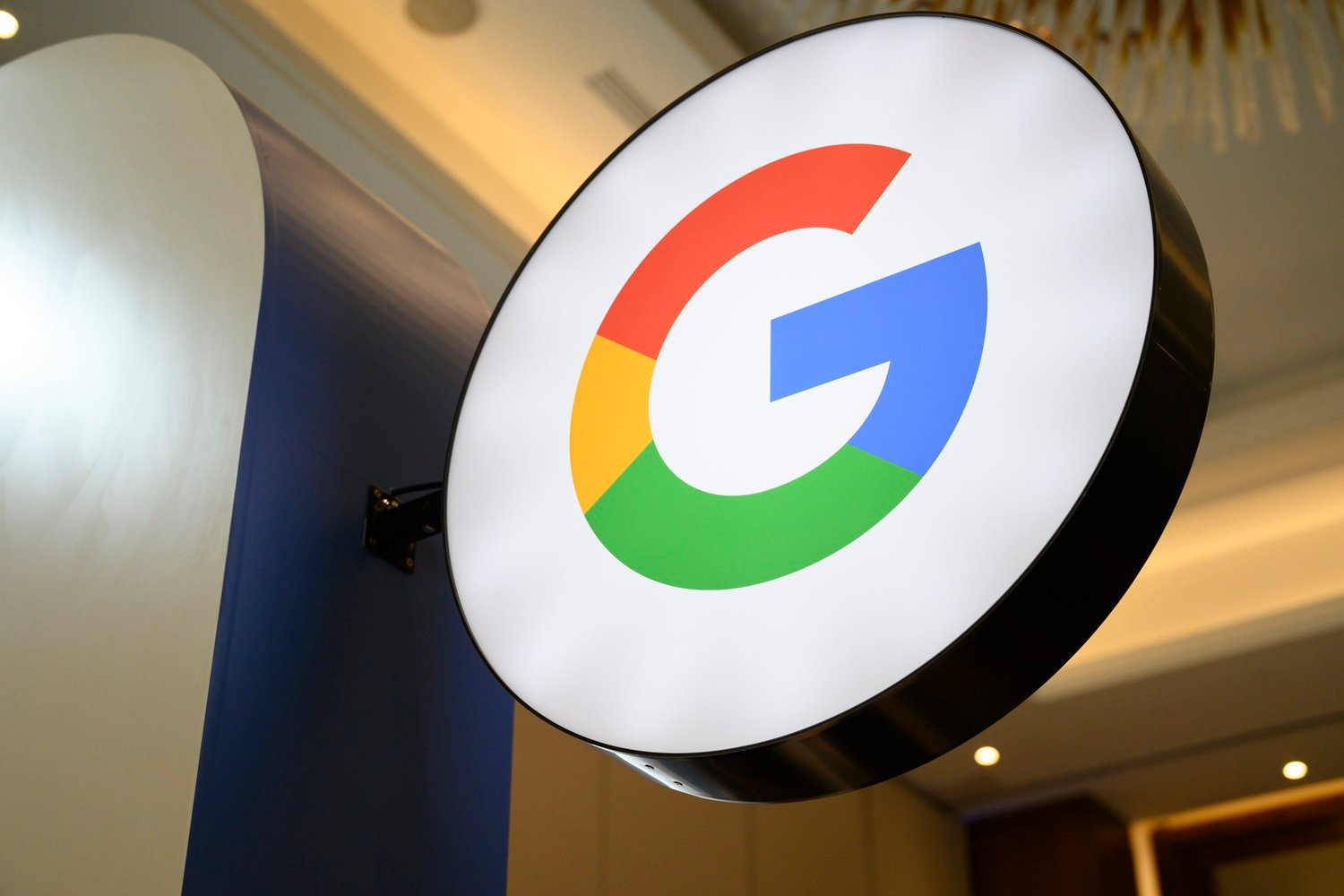Google Workspace users rejoice! A new Gemini feature in Gmail streamlines event scheduling, allowing you to add events to Google Calendar directly from your inbox. This eliminates the need to manually create events in a separate window, offering a significant time-saving advantage. However, this convenience comes at a price, highlighting the trend of premium AI features being locked behind paywalls.
This new functionality, which began rolling out recently and is expected to be available to all users by mid-next month, requires a paid subscription to either Google Workspace or Google One AI Premium. The latter, starting at $20 per month, includes 2TB of storage and unlocks additional Gemini capabilities, including access to Gemini 2.0 Pro and Deep Research. While the rollout is ongoing, many users, myself included, are still awaiting access.
 Gemini Can Add Calendar Entries
Gemini Can Add Calendar Entries
One of the most impressive Gemini features, available with the premium subscription, is its ability to process up to 1,500 PDF pages simultaneously. This has proven invaluable for research and even allowed for some fun experimentation with analyzing birth charts. The ability to quickly digest and connect information across a large volume of pages provides a deeper understanding of complex topics. Interestingly, despite regularly using this feature, its paid nature wasn’t immediately apparent. This experience prompted a deeper exploration of Google One features and enabling all “smart” AI-powered features within Gmail settings, including the yet-to-be-rolled-out calendar integration.
 Gemini Can Add Calendar Entries
Gemini Can Add Calendar Entries
During research for this article, a recently posted question regarding the rationale behind paywalled Gemini features was discovered (dead link). Despite its recent posting and subsequent removal, the question remains visible in some search engine results. Whether Google will address this user concern directly remains to be seen.
In conclusion, while the new Gemini-powered event scheduling in Gmail offers undeniable convenience, its restriction to paid subscribers reinforces the emerging paradigm of premium AI features. This raises questions about accessibility and the potential limitations imposed on users unwilling or unable to subscribe. The long-term impact of this trend on user experience and the broader AI landscape warrants further observation.











